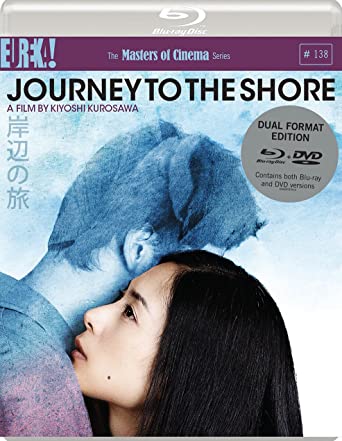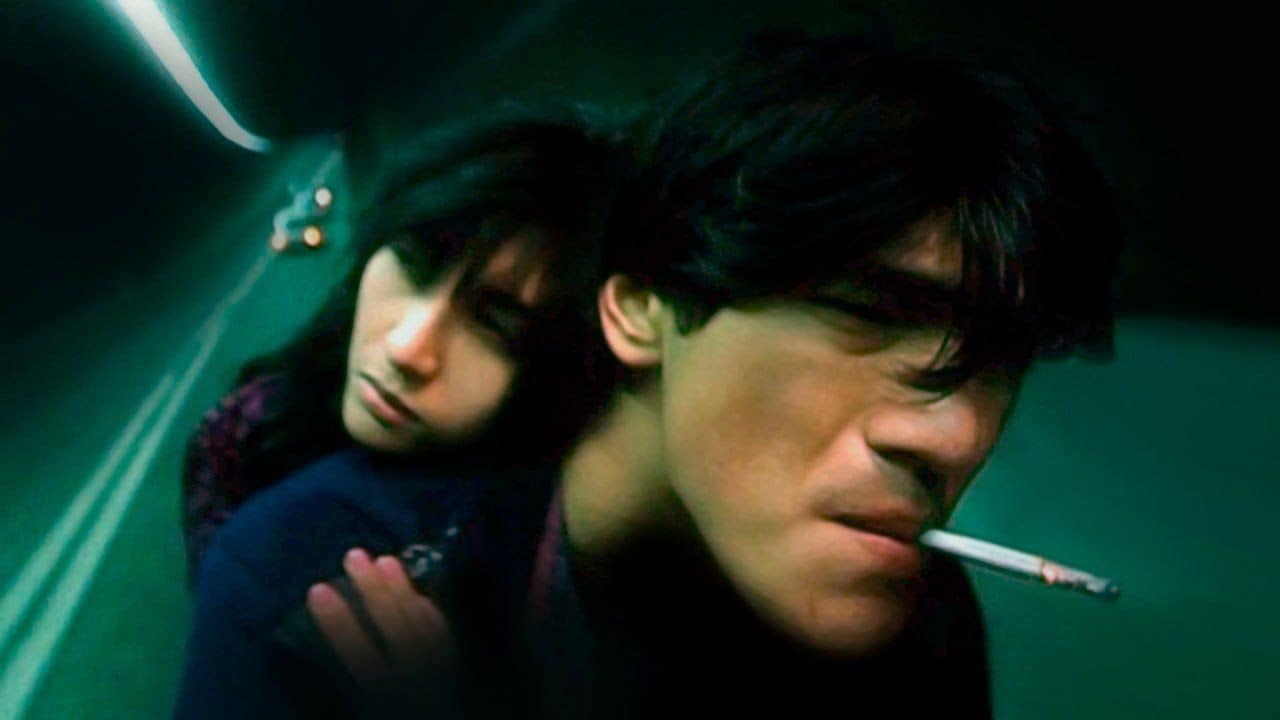Winner of the Un Certain Regard Best Director award in Cannes, this film confirms Kurosawa's place as a master of drama films, after his already established status in the horror genre.
Buy This Title
on Amazon by clicking on the image below
Mizuki, a young piano teacher, returns home after work and sets about her regular, melancholic routine. Eventually, Yusuke, her dead husband appears in the apartment unexpectedly, a fact that does not seem to scare or surprise her. Instead, she acts as if she expected his return, gets him something to eat, and begins asking about the three years since his death. Subsequently, she embarks with him on a journey through all of the places he has wandered, in order to thank those who helped on his journey from death to life. Their path will be revealing, both concerning the world of the dead and its differences with the one of the living, and of personal matters that neither seem to have realized about each other. In their travel in the Japanese mainland, in the villages and the country, they meet a number of everyday characters, including a newspaper deliverer, the owners of a restaurant and the family of a farmer, in a film that looks much like an odyssey.
Kurosawa portrays an unnatural concept in the most natural of ways, thus connecting, in a fashion, his earlier works of supernatural horror (“Pulse”, “Cure”) with his social dramas (“Tokyo Sonata”). In one of his most tender films, he uses Japanese tradition and particularly “mitoru”, a “procedure” where people close to somebody who suffers from a terminal illness, spend with him his last hours, in order to present an exquisite love story that balances between the metaphysical melodrama and the physical romance. Through mitoru, Yusuke and Mizuki are eventually led into a transcendental world. Furthermore, and as the odyssey continues, he portrays the beauty of everyday life in Japan, in many of its aspects.
Minimalism, his directorial trademark, is also present here, in both his motifs and his notions, as is the case with the technical department, with the cinematography and editing following the overall realistic and minimalistic nature of the movie, although beauty is definitely not absent. The sole element that does not fit the general rule is the imposing soundtrack, which infuses the film with a distinct melodramatic tone.
These elements become even more powerful due to the restrained performances by the excellent Tadanobu Asano and Eri Fukatsu. Asano proves once more that he is a true “chameleon”, having an uncanny ability to portray any kind of character with elaborateness. Fukatsu is also great, portraying her uncertainty, insecurity, need and even jealousy in very realistic fashion, while the sympathetic feeling that she constantly emits, makes her character adorable at all times.
Evidently, this is a genuine art-house film, meaning that the action is almost completely absent. However, it is a work of true beauty and elaborateness, a lyrical poem regarding love and its absence, and the grief that results from it.

















